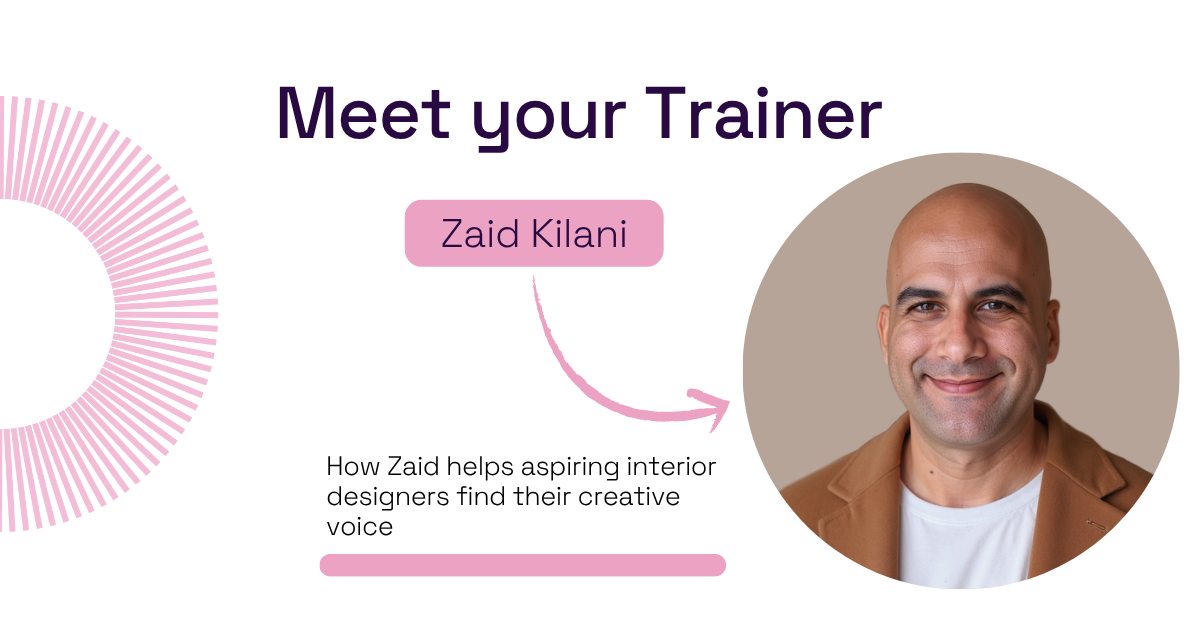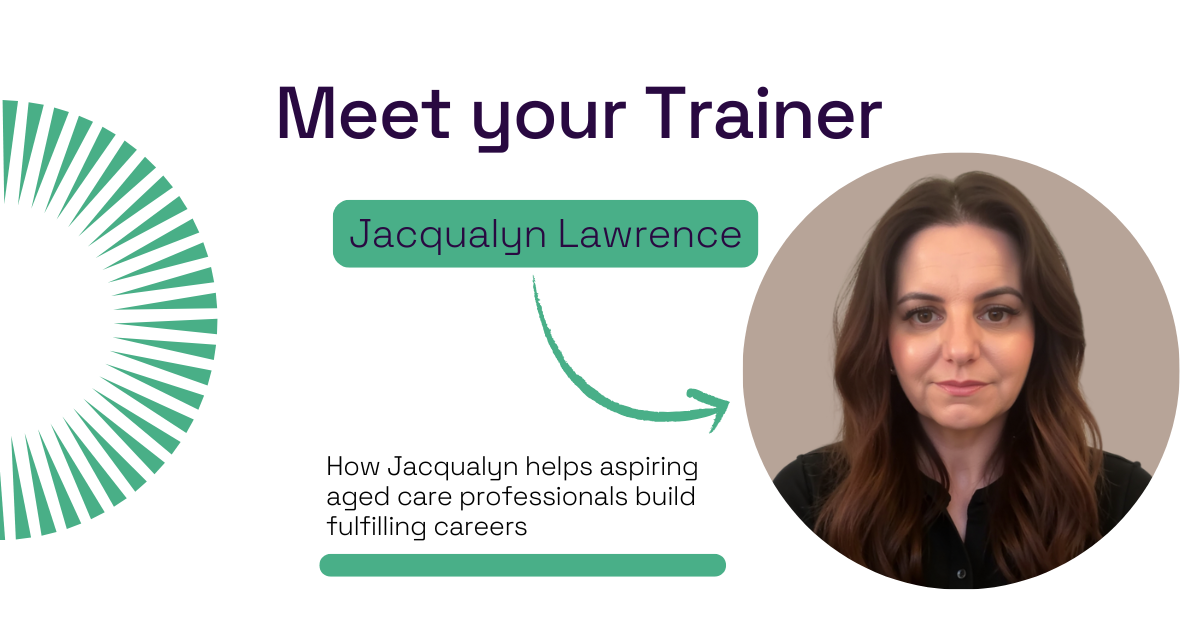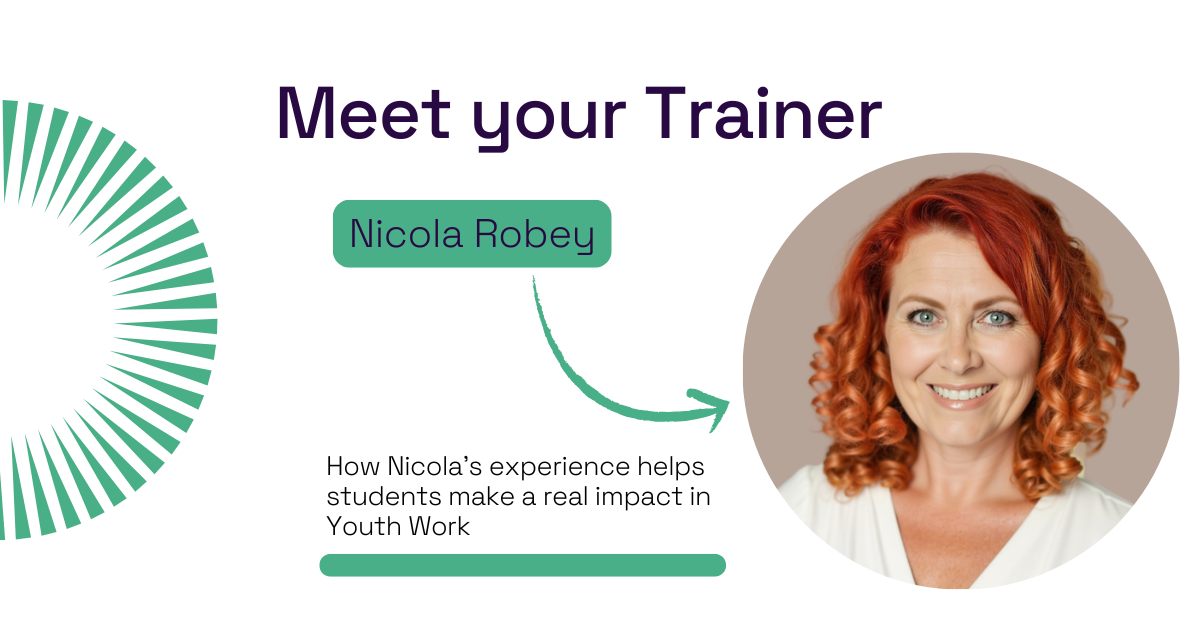Explore our collection of informative and educational blog posts to stay updated on the latest industry trends and expert advice.
Educational and Career Paths in Mental Health

Thinking of becoming a mental health practitioner? It may be the perfect time. According to the Black Dog Institute, nearly half (45%) of Australians already experience some form of mental illness in their lifetime, and these numbers are only growing due to the pandemic. Many pharmaceutical treatments and psychiatric models are no longer considered effective or innovative enough to help people make lasting changes in their well-being. The field is in serious need of creative, driven professionals who want to make a difference.
The World Health Organization predicts that depression will be the number-one mental health concern in both developed and developing nations by 2030. Currently, the most common mental illnesses in Australia are depression, anxiety, and substance use disorder. Suicide ideation, bipolar disorder, and other mood disorders are common as well. Many of these conditions co-occur, meaning they arise at the same time or in succession with one another in the same individual. Unfortunately, 54% of Australians with mental illness do not have access to any treatment.
How do you pursue an education in mental health, and what are your career options once you’ve received your qualification? That’s what we’re here to cover.
What qualifications do you need to work in mental health?
The qualification you need will depend on the mental health occupation you’re pursuing. For instance, to work as a psychiatrist, you’ll need slightly different qualifications than if you wanted to become a psychologist. A psychiatrist is qualified to make diagnoses and administer pharmacology, while a psychologist is not. To become a psychiatrist in Australia, you must not only obtain a medical degree but also complete an internship, residency, and at least five years of vocational training. If you want to begin practicing without postgraduate qualifications, you can become a mental health counsellor, offering therapy to clients after a few years of training. You can also work in social services as a community support worker, mental health intake officer, or mental health rehabilitation support worker.
Here’s a list of the qualifications you need for each profession in Australia.
What are common mental health professions?
Mental health support worker
Mental health support workers need a Bachelor of Nursing or a Bachelor of Social Work. Social workers then join either the Australian Association of Social Workers or the Nursing and Midwifery Board of Australia. After that, social workers typically complete further study in mental health, earning a certificate or diploma level qualification.
Mental health counsellor
To become a mental health counsellor in Australia, you must earn a Diploma of Counselling and complete an undergraduate degree such as a Bachelor of Counselling. To further specialize in your field, you can complete a Graduate Diploma or Master’s Degree. People pursuing counselling careers often volunteer on helplines or in other more direct support roles to gain practical experience.
Clinical psychologist
To become eligible for general registration as a psychologist in Australia, you’ll typically need to complete six years of education and training. First, you’ll need to go through a three-year accredited undergraduate psychology sequence; next, you’ll need to complete fourth-year accredited psychology studies in which you earn an Honors or Postgraduate Diploma; finally, you will find an internship or postgraduate pathway to general registration. If you’ve completed a Master’s or Doctorate, you can undertake a PsyBA registrar program that will allow you to be endorsed in one of nine of PsyBA approved areas of practice.
Psychiatrist
A psychiatrist is a medical doctor who has completed additional training in mental health. As a psychiatrist, you will see patients with a range of mental illnesses, from depression and anxiety to schizophrenia and eating disorders. You might specialize in adult psychiatry, addiction psychiatry, or neuropsychiatry, for example. To pursue an education in psychiatry, you’ll need to complete an undergraduate medical degree followed by six years of additional postgraduate training.
Becoming a mental health practitioner can be a highly rewarding career decision, making the long years put into education and training worth the effort. Consider a career in mental health if you are interested in human biology, psychology, and wellness. It’s a great time to enter the field and make a positive impact on the lives of others. Sign up for a course in mental health, youth work, or counselling through Open Colleges to begin or further your career.








